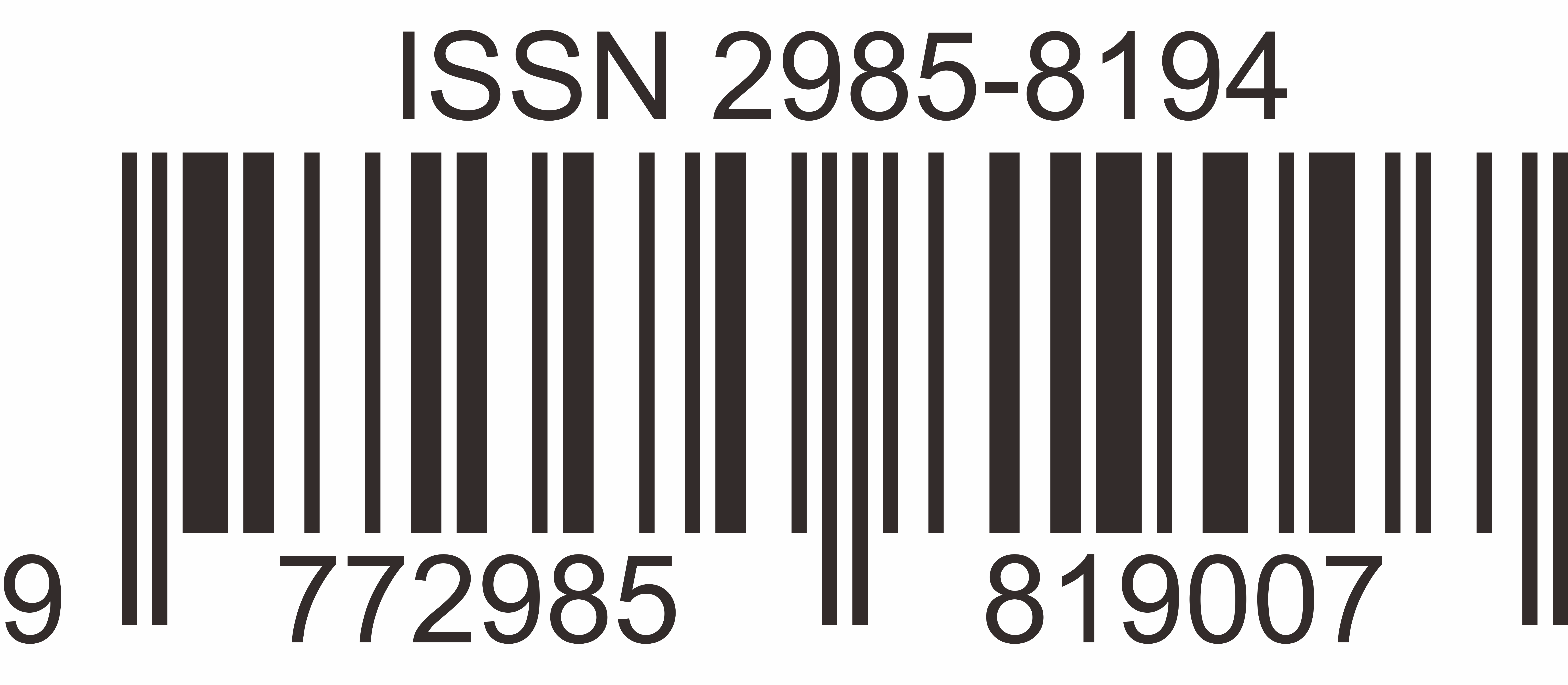PENGARUH LATIHAN KARET TERHADAP KECEPATAN PUKULAN GYAKU-TSUKI DAN KIZAMI-TSUKI PADA ATLET KARATE PEMULA DOJO CANTIK MANIS
Keywords:
Karate, Rubber Training, Gyaku-Tsuki and Kizami Tsuki PunchesAbstract
The ability to hit the gyaku-tsuki and kizami-tsuki on the beginner athletes of the Dojo Cantik Manis is not good and it can also be seen that there are still many athletes who do not hit the intended target. To overcome this, one of them can be given with rubber exercise treatment. The formulation of the problem in this study is: "Is there an effect of rubber training on the speed of gyaku-tsuki and kizami-tsuki strokes in Dojo Cantik Manis Beginner Karate Athletes?". This study aims to determine the effect of rubber training on the speed of the gyaku-tsuki and kizami-tsuki punches on the Dojo Cantik Manis Beginner Karate Athlete. This research approach is quantitative with the method and design used one-groups pretest-posttest design with 16 meetings being treated. The population in this study were all beginner karate athletes at Dojo Cantik Manis totaling 12 athletes. The sampling technique was total sampling, so the sample in this study were all 12 athletes who were novice karate athletes at Dojo Cantik Manis. The data collection technique in this study used the gyaku-tsuki and kizami-tsuki blow speed tests. The data analysis technique used is by calculating the average value (mean), standard deviation and the average difference test (t.test). The results showed that there was a significant effect of rubber training on the speed of gyaku-tsuki strokes in the Dojo Cantik Manis karate beginner athlete. This is reinforced by the results of calculating the t-count value of rubber training on the speed of the gyaku-tsuki stroke of 7.05 and the t-table value with degrees of freedom 12-3 (dk = 9) at the significance level = 0.05 is equal to 1.83. This means that t-count = 7.05 > t-table = 1.83. Then there is a significant effect of rubber training on the speed of the kizami-tsuki stroke on the Dojo Cantik Manis karate beginner athlete". This is reinforced by the results of calculating the t-count value of rubber training on the speed of the kizami-tsuki stroke of 7.46 and the t-table value with degrees of freedom 12-3 (dk = 9) at the significance level = 0.05 is equal to 1.83. This means that t-count = 7.46 > t-table = 1.83.
Downloads
Published
Issue
Section
License
Copyright (c) 2022 Jurnal Ilmiah Mahasiswa Pendidikan

This work is licensed under a Creative Commons Attribution-NonCommercial 4.0 International License.



